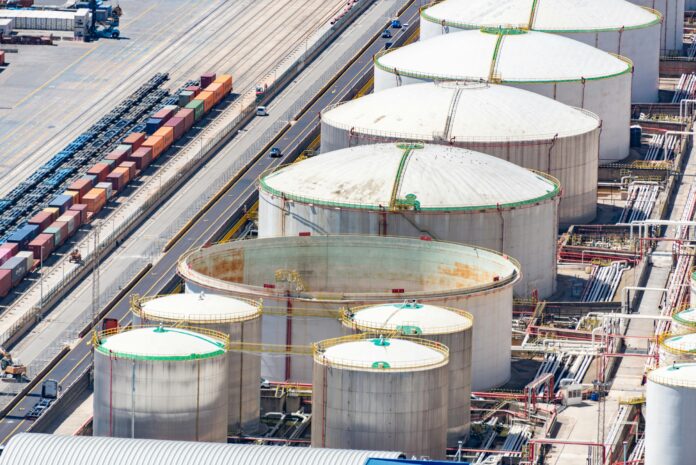The Kingdom’s non-oil sector growth accelerates in September, driven by stronger domestic demand and increased output, according to S&P Global’s PMI survey
Saudi Arabia’s non-oil private sector continues to show robust growth, with the Purchasing Managers’ Index (PMI) climbing to 56.3 in September from 54.8 in August. According to the Riyad Bank Saudi Arabia PMI survey, compiled by S&P Global, this marks the highest PMI level in four months, signalling strengthened business conditions in the non-oil economy.
The rise in the index reflects increased momentum in sales and new orders, driven by heightened domestic demand. As Saudi Arabia focuses on diversifying its economy away from oil, this growth in the non-oil private sector becomes increasingly vital. Naif Al-Ghaith, Chief Economist at Riyad Bank, highlighted that the non-oil sector’s expansion is crucial, especially in light of Saudi Arabia’s ongoing oil production cuts and fluctuating global crude prices. These efforts align with Vision 2030, the country’s ambitious initiative to build a more diversified and resilient economic base.
Al-Ghaith pointed out that as Saudi oil revenues face pressures due to production cuts and global price declines, the non-oil sector serves as a buffer, helping mitigate potential negative impacts on the broader economy. The country reduced its oil output by 500,000 barrels per day in April 2023 and has extended this cut until December 2024 to stabilise the oil market.
Embed from Getty ImagesSeptember’s report showed a surge in business output and new orders, with companies benefiting from robust domestic demand. Despite this, businesses expressed concerns over competitive pressures, particularly as higher competition led to three consecutive months of declining selling prices, even as business costs continued to rise.
In terms of employment, the growth of the non-oil sector contributed to job creation, though companies reported difficulties in sourcing skilled workers. This shortage of talent, coupled with increased competition, has dampened future growth expectations for some businesses. Nonetheless, S&P Global’s report emphasised that non-oil sector performance is helping stabilise the Saudi economy, making it less vulnerable to oil price fluctuations and more equipped to handle global economic challenges.
Moreover, the expansion of key non-oil industries, supported by new project approvals and higher demand, underlines the Kingdom’s steady transition toward economic diversification. The non-oil sector is now seen as essential to ensuring long-term stability, providing a more sustainable foundation for future growth beyond the uncertainties of the oil market.
Al-Ghaith concluded by noting that the rise in output and new orders reinforces the competitiveness of Saudi businesses, driving private sector involvement in the economy. As Saudi Arabia continues to navigate global challenges, the non-oil sector remains a cornerstone of its economic strategy, building resilience and fostering growth across various industries.
